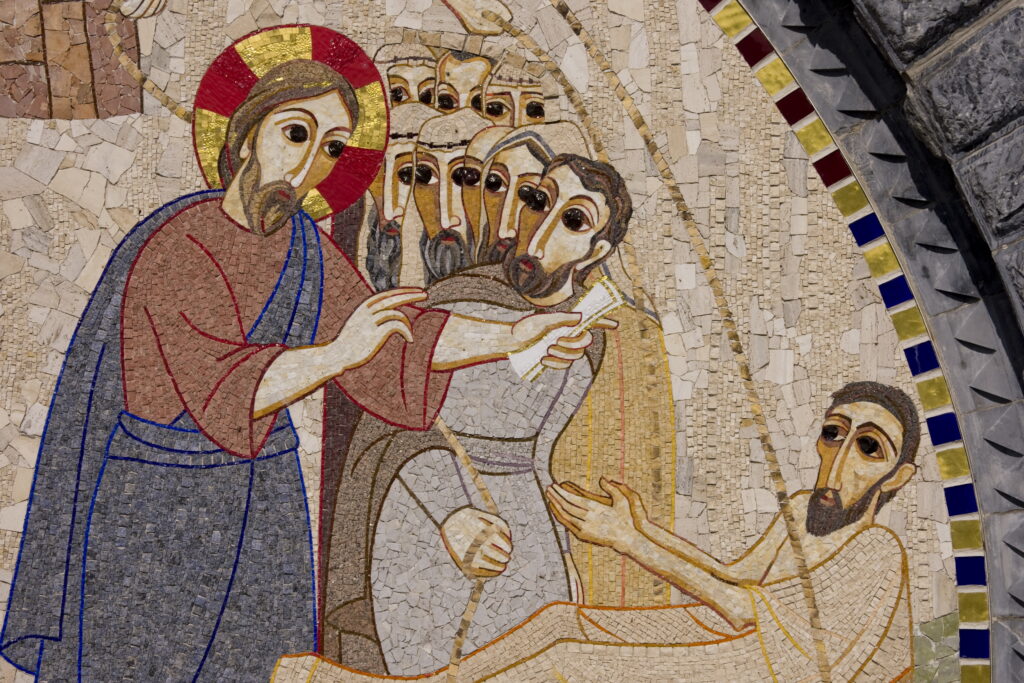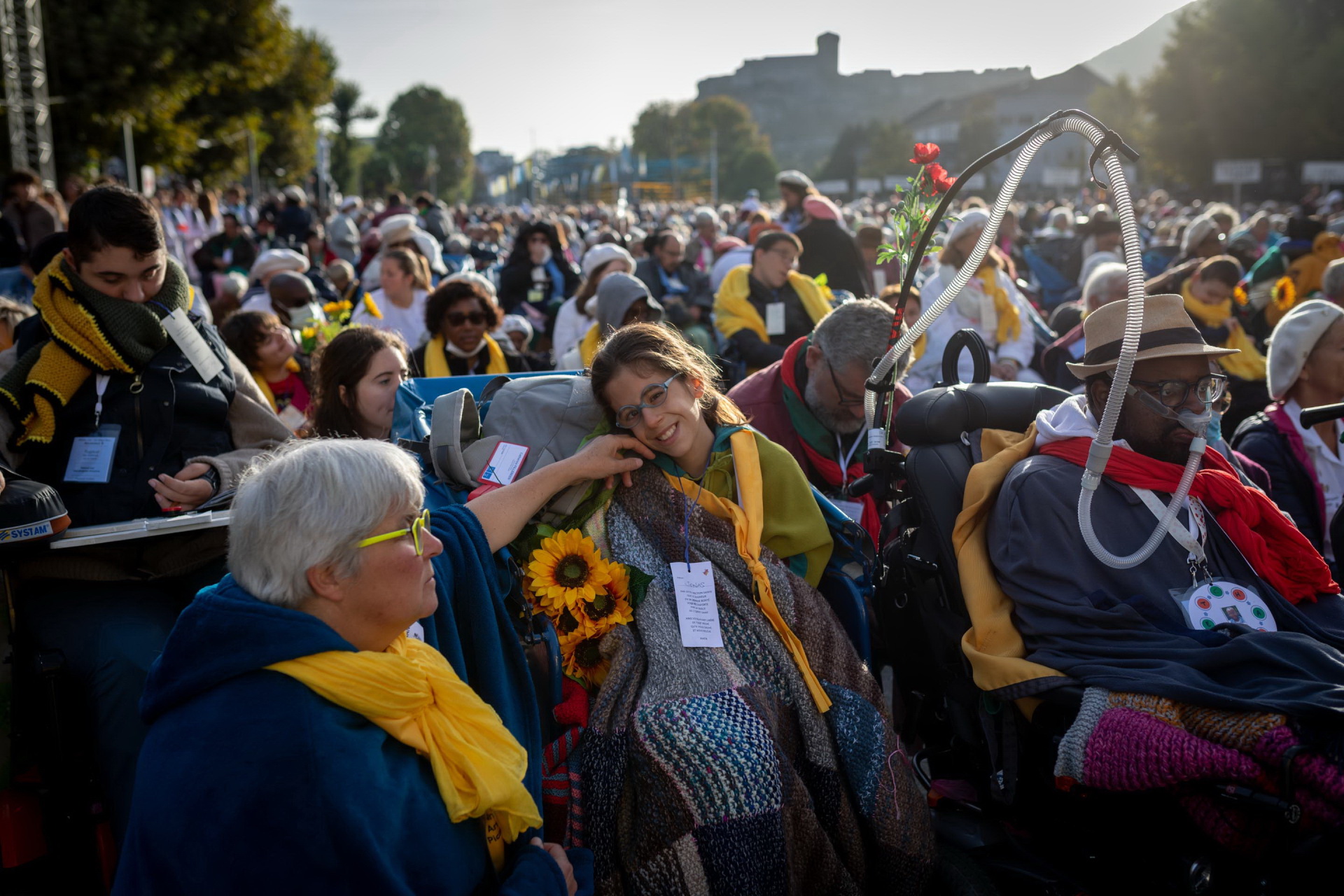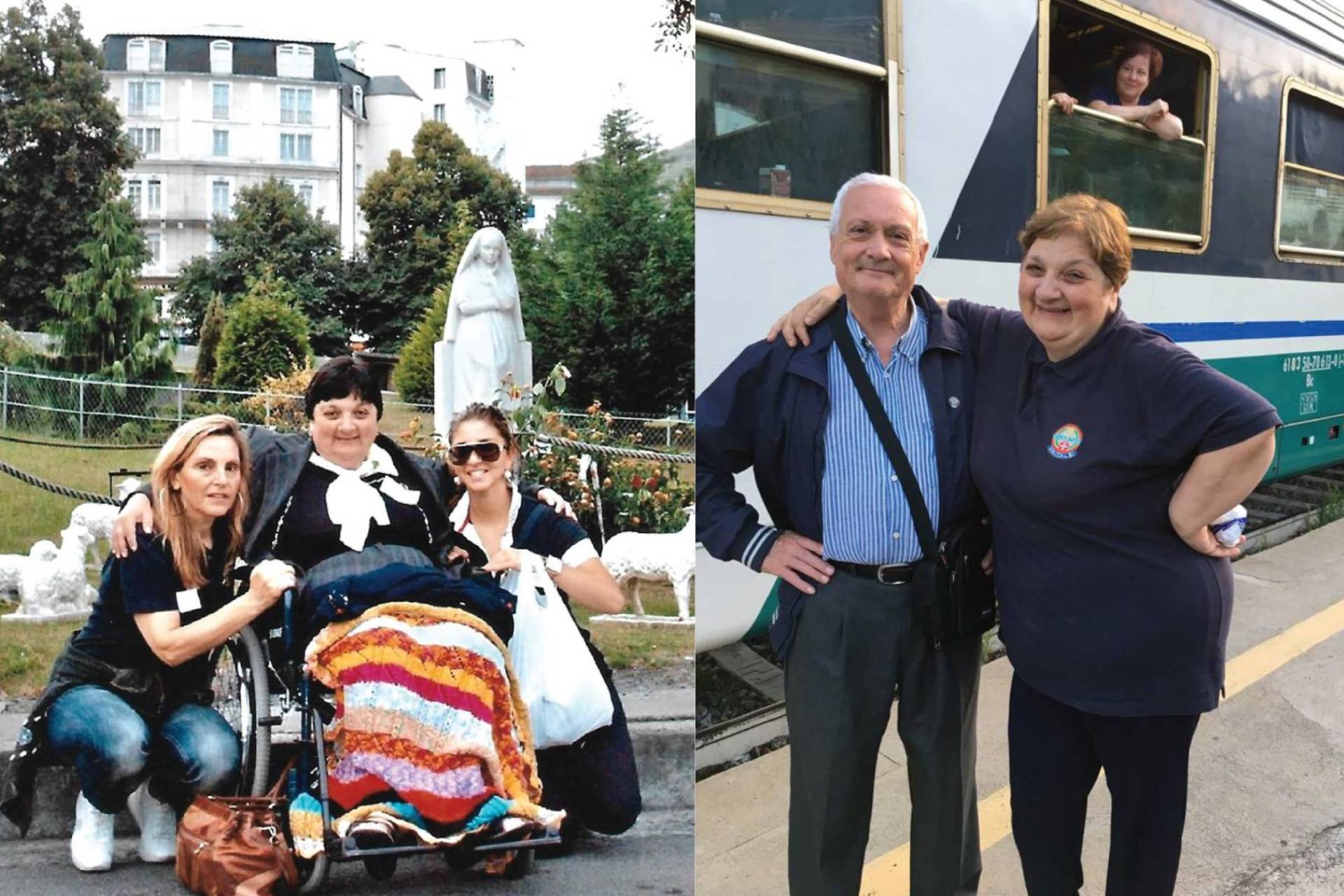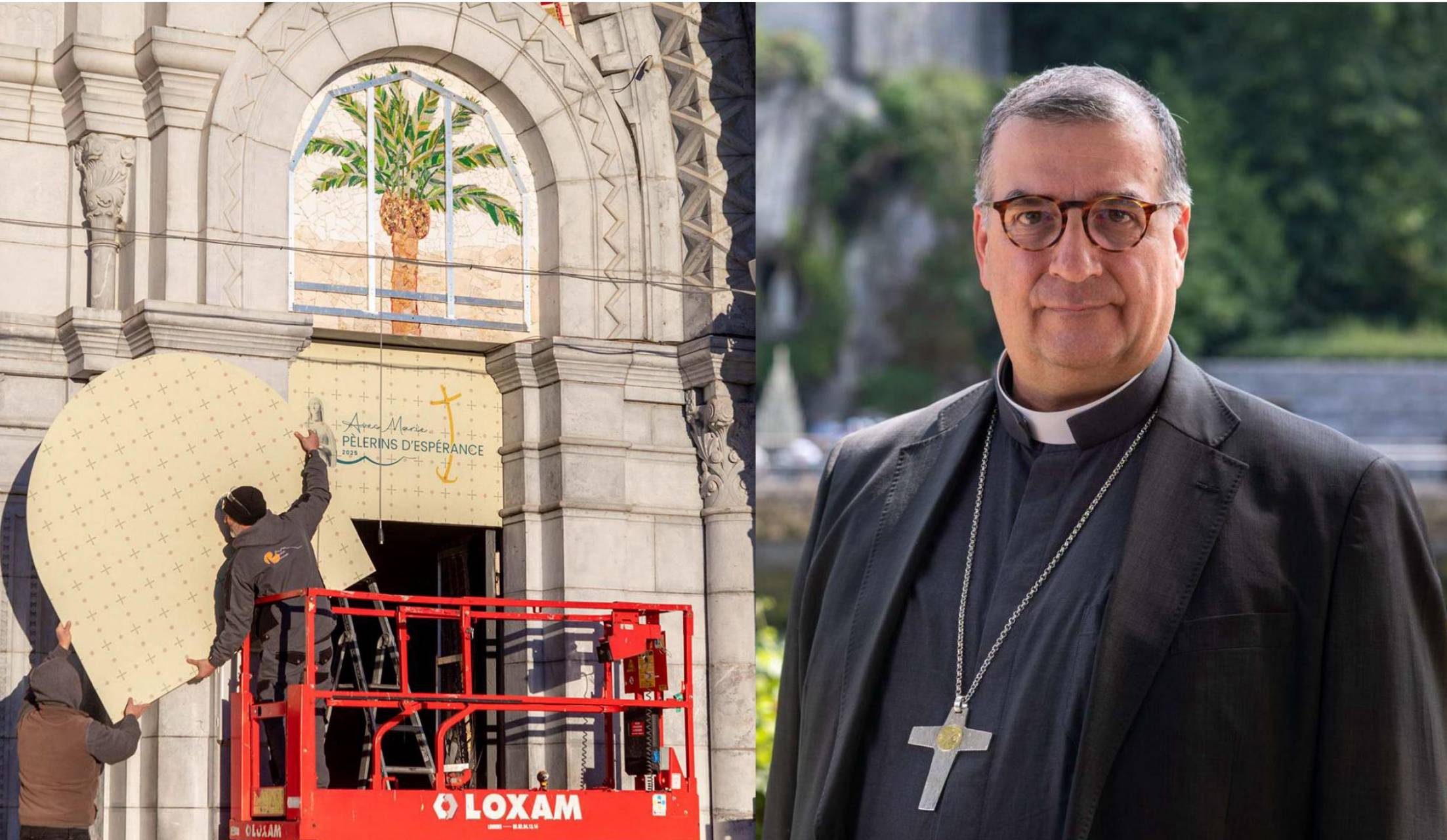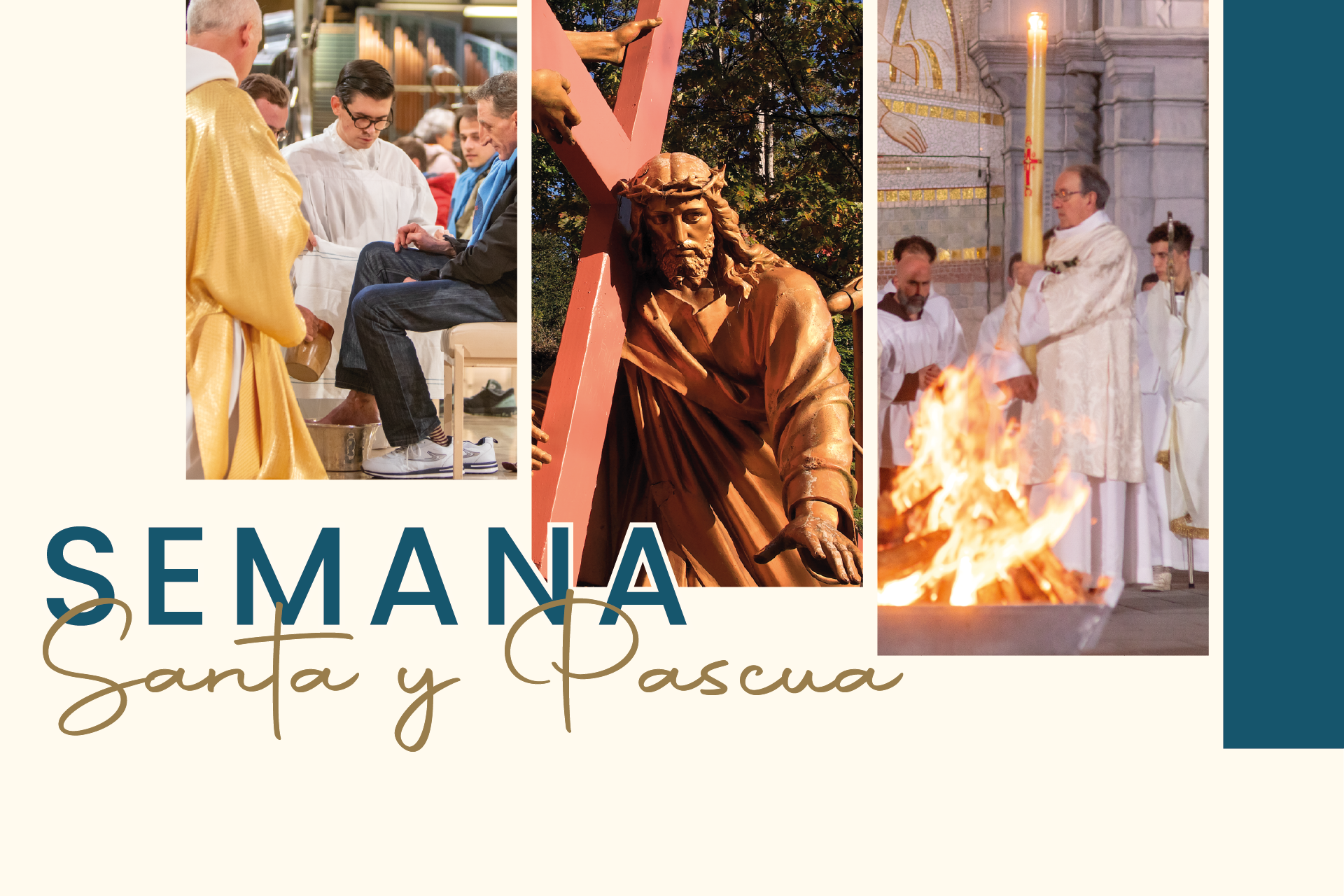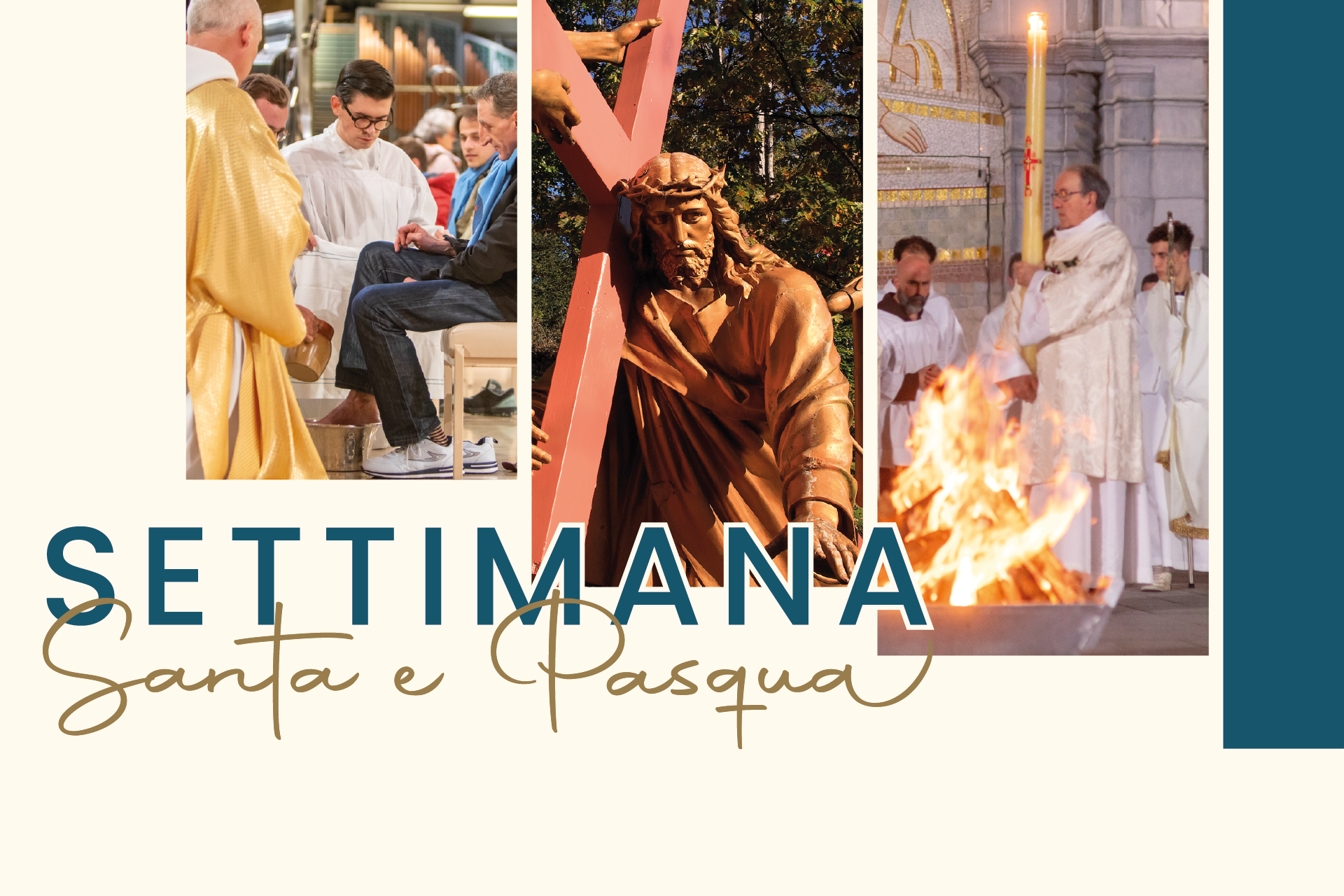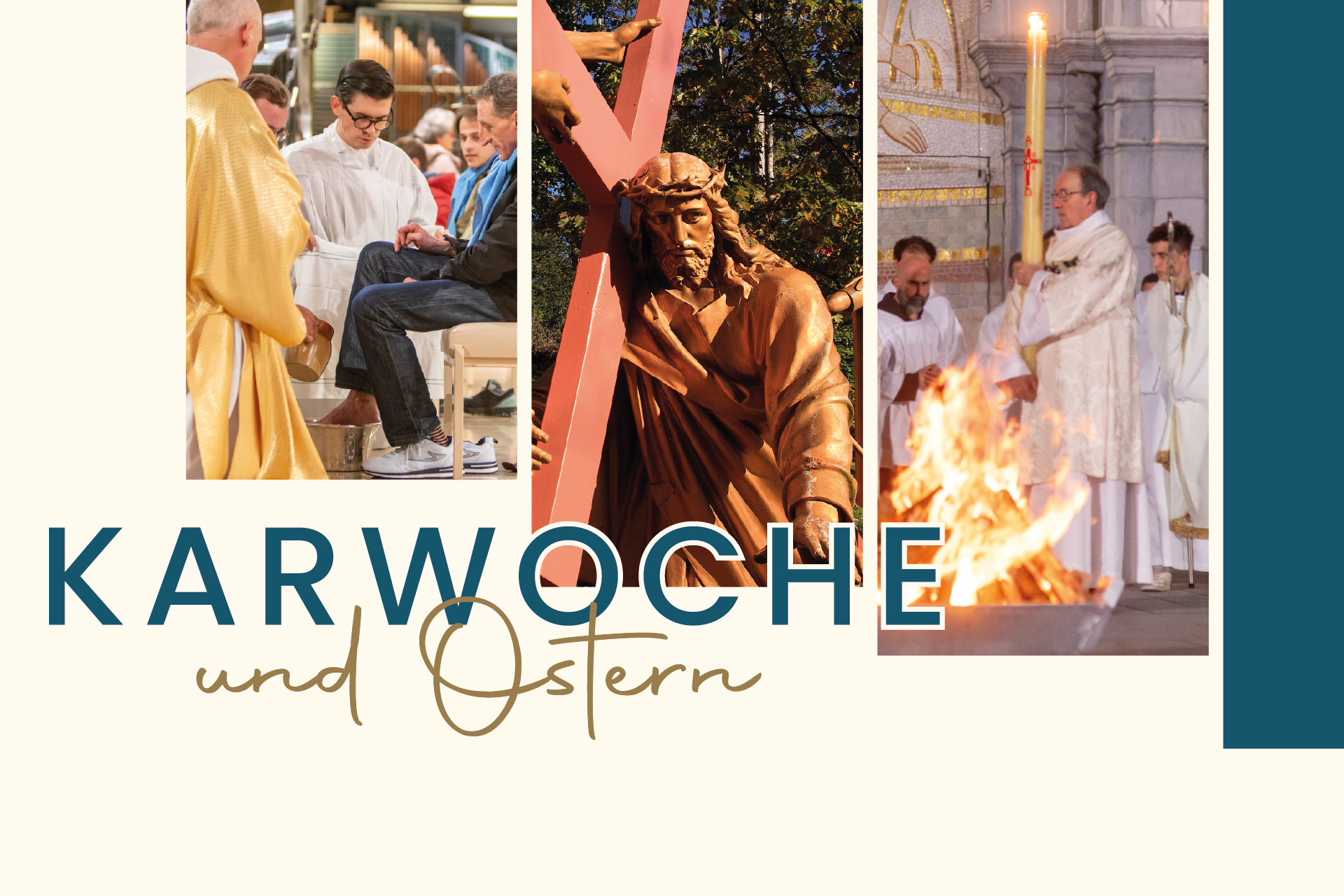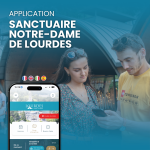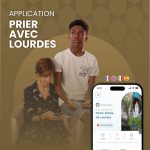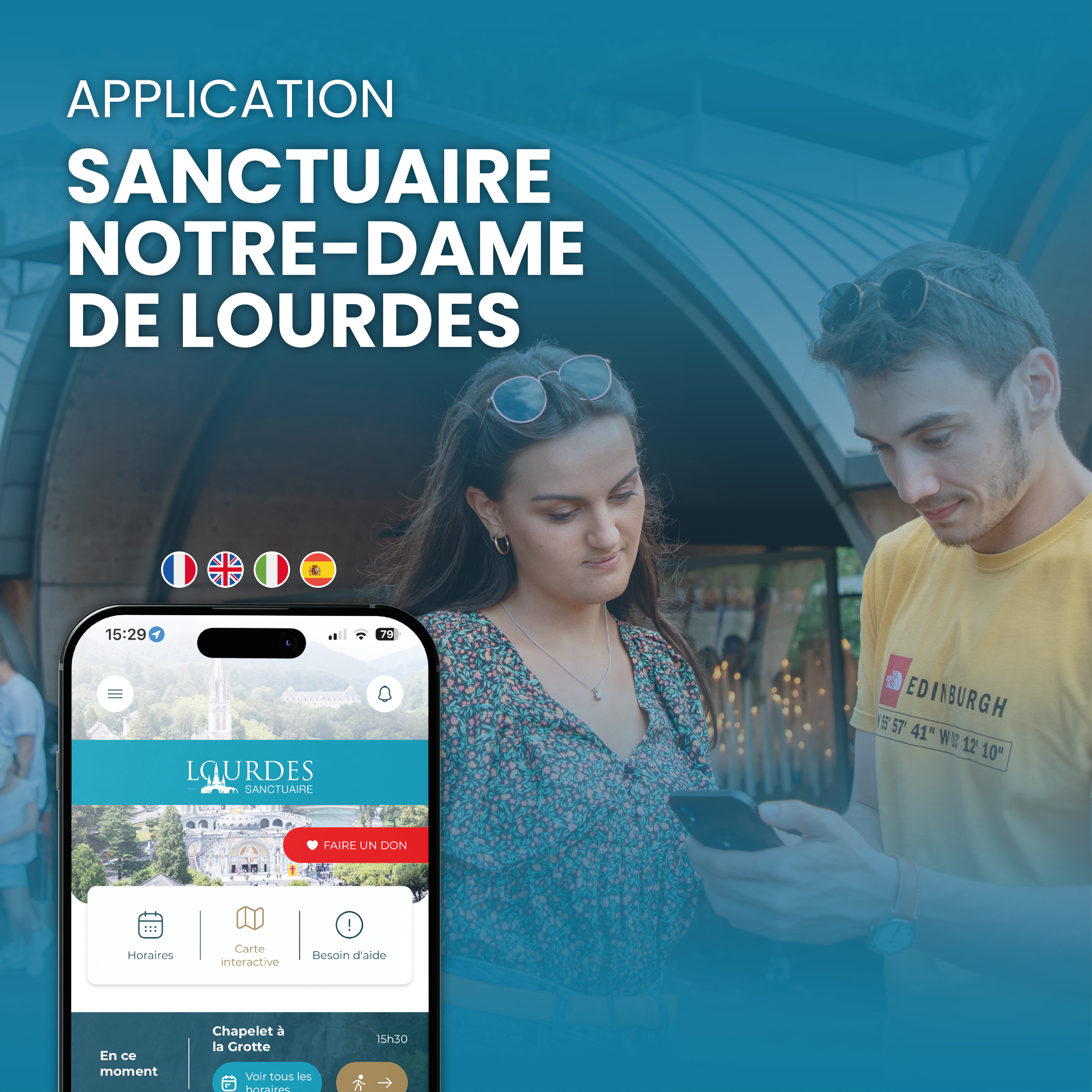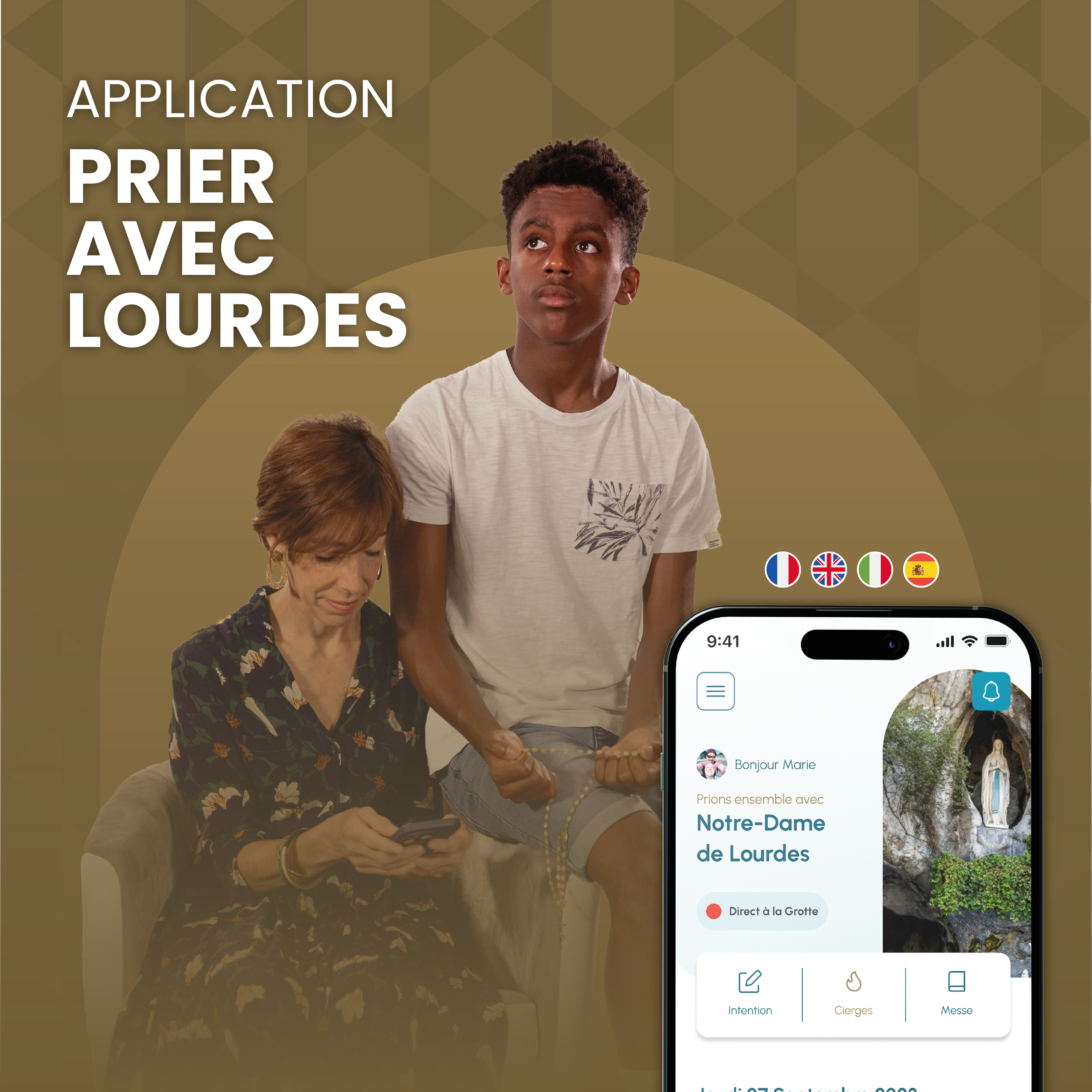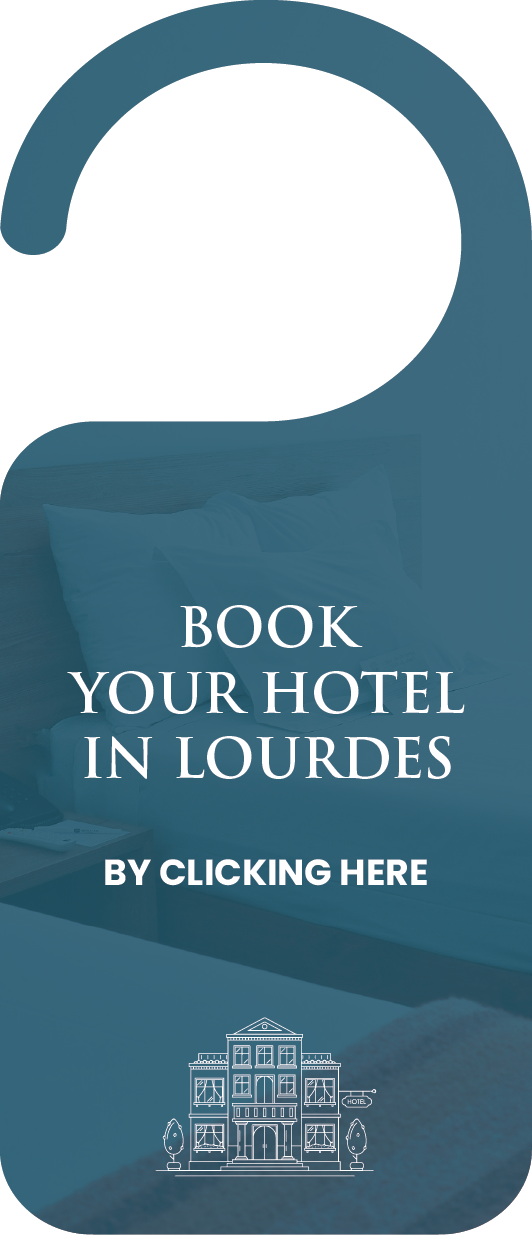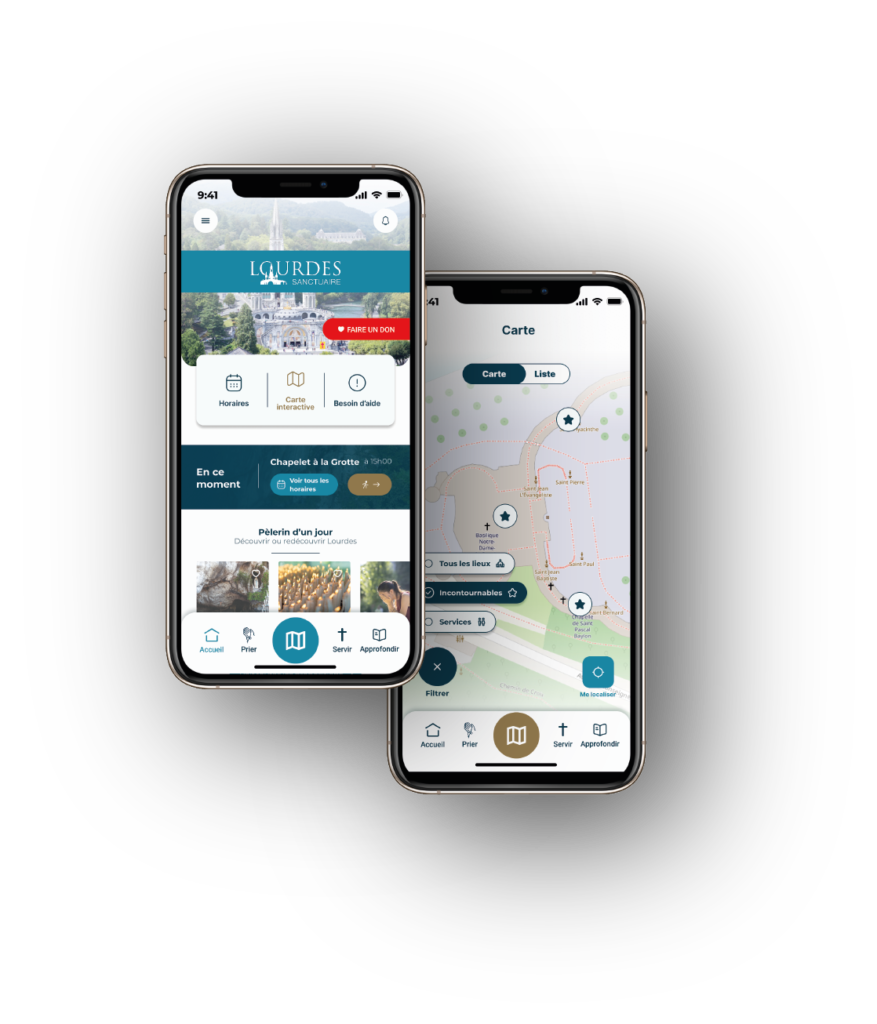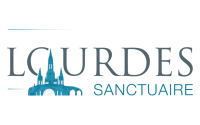“As we celebrate your International Day, I would like to speak directly to all of you who live with any condition of disability, to tell you that the Church loves you and needs each of you for the fulfilment of her mission at the service of the Gospel.” (Pope Francis during his message on the occasion of the International Day of Persons with Disabilities)
In order to promote integration and access to economic, social and political life for people with disabilities, in 1992 the United Nations proclaimed an International Day of Persons with Disabilities on 3rd December.
This world day is also the ideal opportunity to reaffirm certain basic principles, too often forgotten: “All human beings are born free and equal in dignity and rights”. Respect for this dignity due to each person, able-bodied or not, implies the recognition of fundamental rights such as education or access to work.
Lourdes and disability
In Lourdes, the sick and those with disabilities have always come first from the very start of the miracles, because the sick came “to drink at the spring and wash themselves there.”
The OCH (Christian Office for People with Disabilities) within the Sanctuary, has a reception centre “where everyone finds a listening ear, compassion, and support, with a little light of hope to continue their journey…“. The people who are there to listen at the OCH are a gift from God. Because all the volunteers draw from deep within their souls this jewel that is their attention which they offer to the people who are welcomed there.
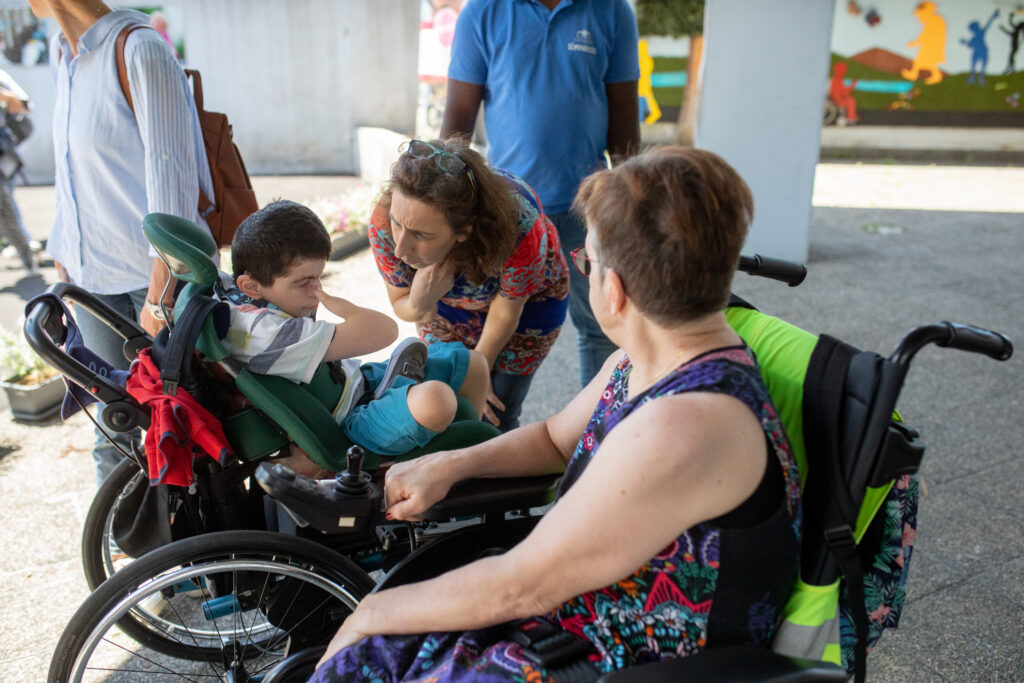
Enrique Alarcón, general director of FRATER ESPAÑA and member of the secular apostolate of the diocese of Albacete (one of the people invited by the Pope to work on the Synod as a disabled person), during the congress of Spanish hospitality in Albacete (20th – 23rd October, 2022), appealing to all those who wish to serve the sick and disabled, when he said to the Hospitallers present at the meeting, “You, Hospitallers with your faith, you can give people with an illness or disability a chance. And in doing so, you give life to these sick people “who cannot move”, so that they have the opportunity to regain physical health but above all holistic health. You have a great responsibility!”
At the same time, he warned them against paternalism. “Be careful! When we look at sick or disabled people, we often fall into the trap of only seeing what they lack according to our own criteria… And this means we often forget the people themselves! They are deprived of an active participation in their own rehabilitation and liberation. They become the object, not the subject with whom we must work cooperatively.”
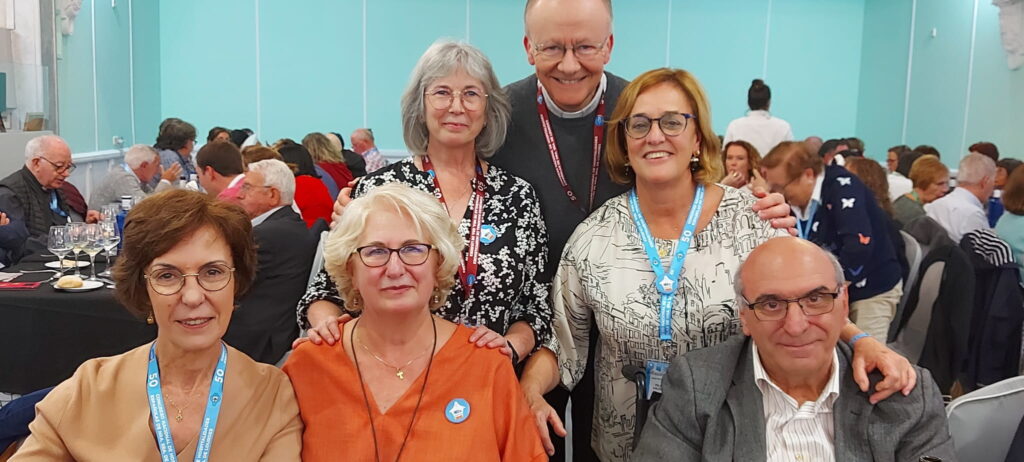
“The Church is our home”
People with disabilities form one of the most vulnerable groups in the world today. In November 2017, the World Health Organisation published some key facts to promote an understanding of their reality and a move towards their full inclusion. In the world, more than 1 billion people live with some form of physical, organic, sensory, cognitive (intellectual) or mental disability. They represent about 15% of the world’s population.
“Baptism makes each one of us a full-fledged member of the Church community, so that all of us, without exclusion or discrimination, can say, “I am Church!” The Church is truly your home! We, all of us together, are Church because Jesus chose to be our friend. The Church – and this is something we need to learn more and more in the synodal process we have begun – “is not a community of people who are perfect, but a community of disciples on a journey, who follow the Lord because they know they are sinners and in need of his forgiveness” (Catechesis, 13th April 2016). (Pope Francis during his message on the occasion of the International Day of Persons with Disabilities)
DISABILITY IN THE SYNOD
Last May, the Dicastery for Laity, Family and Life, in agreement with the General Secretariat of the Synod, invited some of the disabled faithful to participate actively in the synodal journey by contributing through an open dialogue with the Holy See. These people were from across the five continents, representing episcopal conferences and international associations, many of whom had already taken part in synodal consultations with their dioceses. On Wednesday, 21st September, people with disabilities, who had gathered in Rome, met with Pope Francis to present him with some of the fruits of their labour over the previous months.
In the Gospel of the healing of the paralytic (2:1-28), Saint Mark tells us that, “Jesus seeing the faith” of the four people who accompanied the sick person…forgave him his sins and it was only afterwards that He restored him to health…
We pray that here in Lourdes, seeing the faith of all those who accompany the sick and disabled, Christ Jesus can work wonders in us. Together we can learn from each other.
